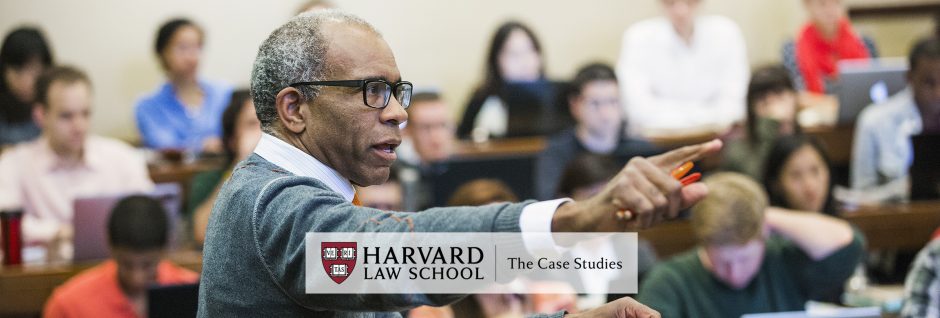Nathan Cisneros, a case writer for the Case Development Initiative at Harvard Law School, sums up his job as “talking with interesting people about interesting events and then sharing what I’ve heard with interested people.” Today he shares with us the importance of compelling questions and collaboration in case writing:
EM: What subjects do you focus on? What sort of work are you doing now?
NC: The Case Development Initiative writes cases about topics not usually covered in law school: How do you manage people? How do you weigh career options? How do you reform an organization? These are questions any professional might ask, but we are able to examine them through the eyes of a lawyer. For example, in 2014 we reported a great sponsorship program in a large law firm, and investigated a major scandal at a large American company [forthcoming].
We also examine big challenges confronting the legal services industry today: How does a law firm survive in a shrinking market that is more competitive than ever? How does a legal department wade through the proliferation of legal services options and still deliver quality service for the firm? We are finishing an update of a case about a major law firm that seemed to have uncovered the secret to successful law firm mergers. We are also looking at how traditional law firms deal with novel legal services products.
EM: How do you approach the case writing process?
NC: I’ve always thought that it is best to start with an interesting question or surprising event. If you start with a compelling question you usually discover a compelling answer, whatever it may be. Since case studies are richly detailed narratives of real-world events, we can’t choose our own ending. However, if we begin with a gripping question we invariably arrive at a captivating resolution. Needless to say, our primary objective is to create a useful tool for classroom discussion, not a page-turner, but they feed into one another. It is far easier to provide nuanced perspectives on a strategic challenge or professional dilemma in case studies built around a truly puzzling incident.
EM: What challenges have you faced in the research and writing processes? How have you overcome them?
NC: Case studies are primarily pedagogic tools. We want our cases to stimulate interesting classroom discussions about important decisions professionals are likely to encounter. I sometimes find myself slipping into journalist mode (what’s the angle?) or social scientist mode (add a citation!), which pulls away from that primary goal.
Fortunately, the best way to overcome any writing or research challenge is to tackle it as a team! I work with two excellent case writers. I’m never abashed asking a silly question or sharing first drafts because I know my colleagues will steer me in the right direction.
EM: Do you have any tips for case writers or teachers in the legal classroom?
NC: There is no standard text or curriculum on how to handle the business of providing legal services. However, that doesn’t mean it can’t be taught! The case method allows instructors and students to examine strategic and career challenges together to see what works and what doesn’t. Students exposed to a broad range of cases in the classroom will have a deep well of experience from which to draw when they encounter professional challenges outside the classroom.
